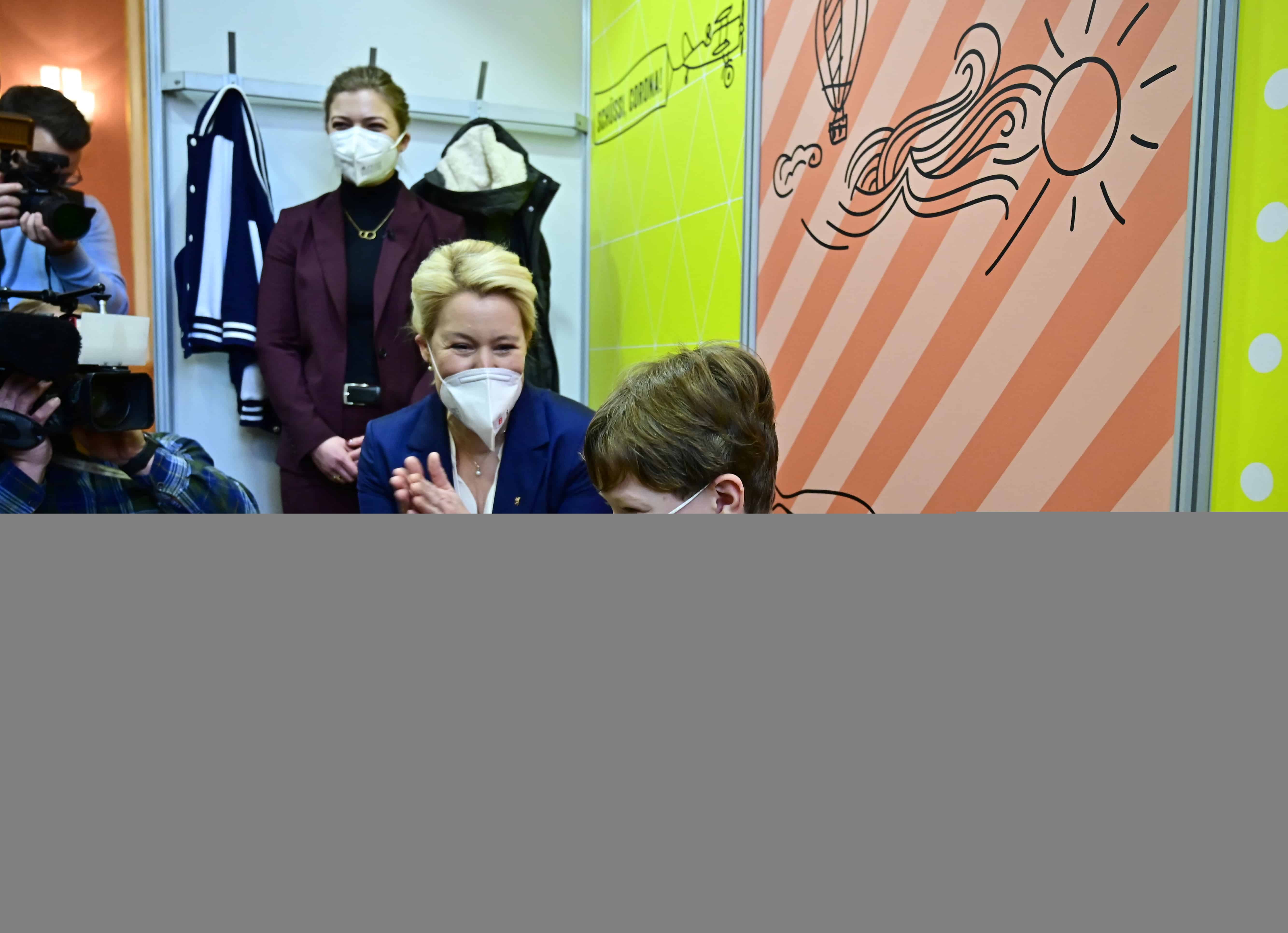Economic growth in the eurozone slowed sharply in January, a key survey showed Monday, as new coronavirus restrictions hit consumer spending, raising a new obstacle for the region’s recovery.
In its closely watched monthly survey, IHS Markit said the deceleration, which brought growth to an 11-month low, was completely attributable to the services sector, with manufacturers enjoying a reprieve from supply challenges and seeing a boost in activity.
IHS Markit said that the sky-high caseloads for the highly contagious Omicron variant had disrupted consumer-facing services through staff absences and continued social distancing.
The purchasing managers’ index (PMI) from IHS Markit dropped to 52.4 in January, after posting 53.3 points in December and hitting a high 59 points in August. A figure above 50 indicates growth.
Tourism, travel and recreation were “especially hard hit”, said Chris Williamson, chief business economist at IHS Markit.
However, he added that the impact on other parts of the economy was “relatively muted” and that the overall fallout from Omicron “so far looks less severe than prior waves”.
The overall trend masked different situations in different countries.
Germany, the leading European economy, recorded a rebound in activity in January, thanks to a robust increase in industrial production and a return to growth in the services sector, said IHS Markit.
On the other hand, growth in France reached its lowest level since April, with a near-stagnant industrial sector and a much weaker performance in its Omicron-hit services sector.
Rory Fennessy, economist at Oxford Economics, said the pickup in manufacturing “offers further reassurance that the region has passed the peak of supply-chain disruptions”.
Despite the hit to services in January, “ultimately, Omicron should not significantly alter the overall growth outlook for 2022,” he said.








